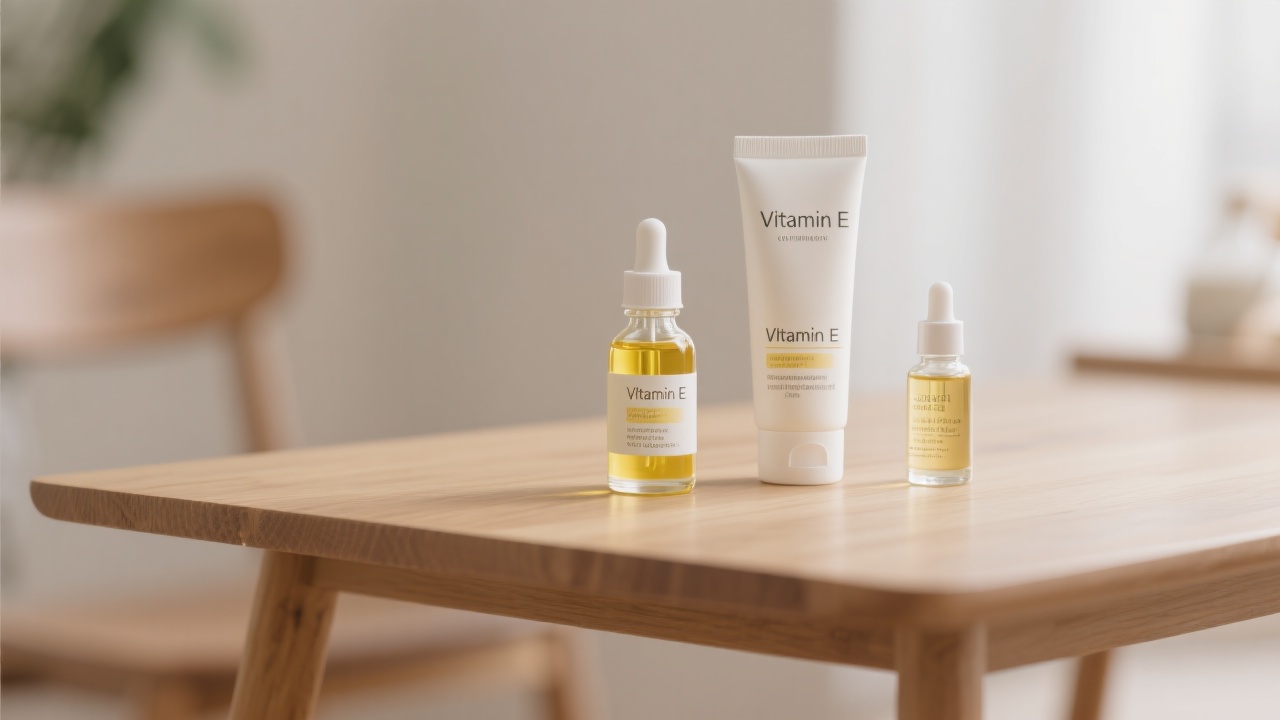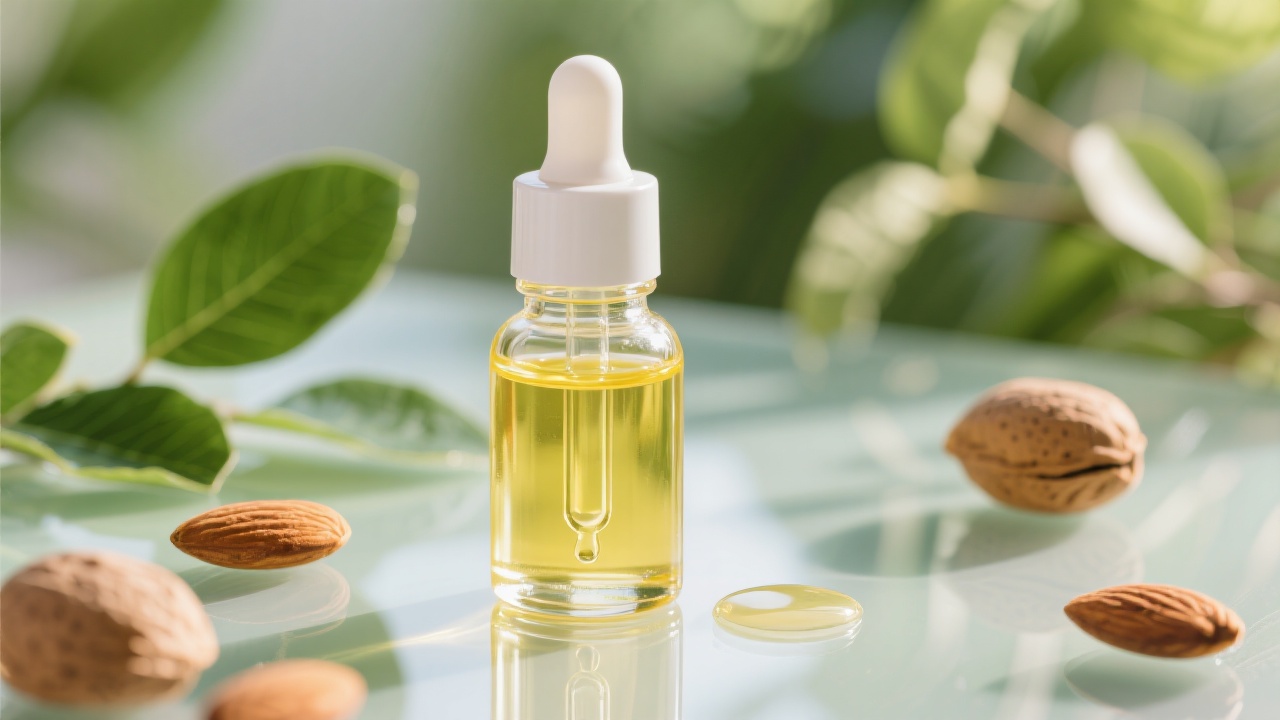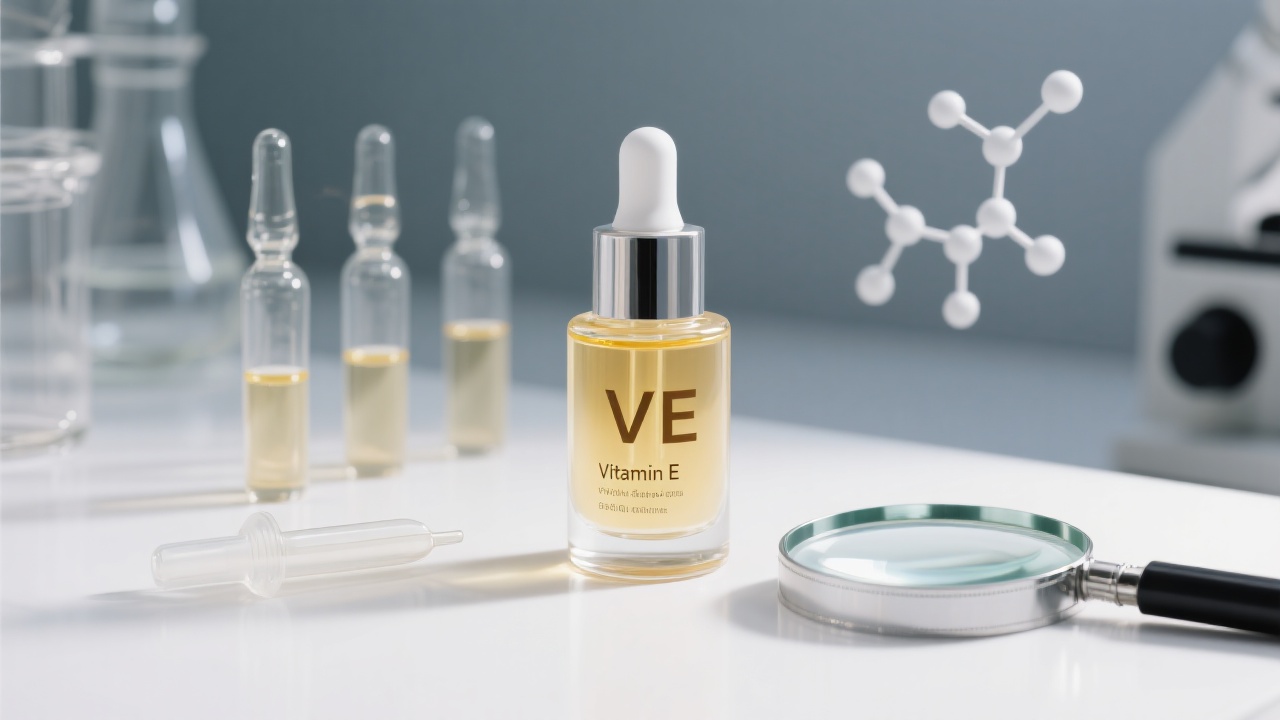
In today's fiercely competitive global beauty market, safety and compliance are no longer optional—they are fundamental. You might wonder: “Is your skincare product truly safe?” Labels such as “silicone-free,” “sulfate-free,” or “preservative-free” are more than mere marketing buzzwords. They represent a commitment to skin health and global regulatory compliance, key factors for gaining consumer trust and standing out internationally.
A growing percentage of consumers worldwide—especially in Europe and North America—are looking beyond beauty claims and demanding transparency about ingredients. According to a 2023 survey by Statista, over 78% of skincare buyers prefer products that explicitly exclude silicones and sulfates due to concerns over skin irritation and long-term effects.
More than just marketing, these labels are reflections of stringent regulations. For example, the EU COSMOS standard and the U.S. FDA guidelines mandate transparency and safety testing that elevate product credibility. This means that choosing a product "made to international standards" directly correlates with safer, gentler skincare.
| Ingredient Type | Role | Skin Impact |
|---|---|---|
| Silicones (e.g., Dimethicone) | Texture enhancer, creates barrier film | Can trap dirt and sebum, potentially clog pores, limiting skin breathability |
| Sulfates (e.g., Sodium Lauryl Sulfate) | Foaming agent, cleansing | May disrupt skin's natural oils, causing dryness and irritation |
| Preservatives (e.g., Parabens) | Prevents microbial growth | Some linked to sensitivities and allergies; safer alternatives are preferred |
You can assess your product’s compatibility by understanding these ingredients’ effects on the skin barrier—an essential line of defense against environmental aggressors. Products free from silicones and sulfates tend to support healthier, more resilient skin, especially for sensitive or compromised skin types.
Certifications such as COSMOS Organic and ECOCERT serve as third-party verifications that a product meets rigorous standards—not only in ingredient safety but also in sustainable sourcing and ethical production.[1] Companies like Euro-Three Agarwood Bioengineering Co., Ltd. leverage these frameworks to ensure every bottle is trustworthy beyond just a claim.

Sensitive and reactive skin types greatly benefit from formulations without irritants like sulfates and artificial preservatives. The gentle nature of these ingredients helps maintain the skin’s natural microbiome and moisture balance, reducing redness and flare-ups.
From an export perspective, adhering to international compliance simplifies customs clearance and expands market access. For beauty brands and cross-border e-commerce sellers, these formulations create a competitive edge by meeting both consumer demand and legal requisites seamlessly.

Backed by ISO quality systems and ECOCERT certifications, Euro-Three combines biotechnology innovation with rigorous ingredient selection. Unlike conventional products, their formulas avoid silicones and sulfates, emphasizing botanical actives that protect and nourish the skin barrier naturally.
This commitment goes beyond a label: it is a promise to let every bottle withstand the strictest international inspections and the highest consumer expectations. For companies seeking trusted OEM/ODM partners or quality suppliers, this distinction translates to assured reliability.

So ask yourself again: is your current skincare supplier truly aligned with evolving international standards? Choose beyond words—choose proven safety and innovation.
Discover How International Standard Skincare Can Elevate Your Brand Integrity Today